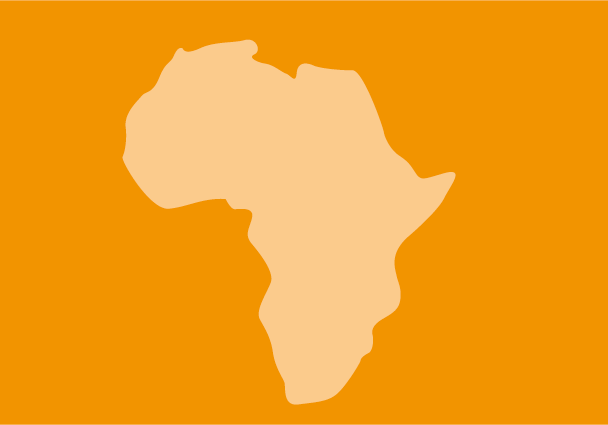 Victims of human rights abuse by companies – mainly the oil industry – in Nigeria have very limited access to legal remedies and reparation, a new report by the ICJ shows.
Victims of human rights abuse by companies – mainly the oil industry – in Nigeria have very limited access to legal remedies and reparation, a new report by the ICJ shows.
The report Access to Justice: Human Rights Abuses Involving Corporations – Nigeria reveals that Nigerian people whose environment, land and health have been severely harmed by the activities of corporations, face major obstacles when seeking justice. These range from legal deficiencies to prevalence of corruption and lack of legal aid, and affect primarily vulnerable communities.
“Poor rural victims of corporate human rights abuse are usually unaware of their legal rights and don’t have the financial resources to file court process, gather information and evidence, and afford legal services,” said Carlos Lopez, Senior Legal Advisor for the Business and Human Rights Programme of the ICJ. “There is a Legal Aid scheme in Nigeria but it suffers from chronic underfunding. As a result, it fails to help those most in need to access judicial remedies.”
The ICJ report says that such shortcomings are illustrated by the low frequency of litigations against corporations involved in human right abuses in Nigeria, the small number of cases that reach a satisfactory conclusion for the victims, and poor enforcement of decisions and rulings.
The study stresses the need to address the problem is all the more pressing given that business corporations, including transnational companies operating mainly in the country’s oil sector, are unwilling to adopt practices that respect the well-being of people and protect the environment – arguing this would involve too heavy costs. They also take advantage from the government’s reluctance to enforce stricter controls of their activities.
“The good news is that reforms to improve access to justice in Nigeria are possible if the State and its agencies, as well as the court and public interest organizations participate in the efforts,” Lopez added. “It is not about changing everything but clarifying some rules and adopting amendments to a few laws and procedures.”
The ICJ report recommends in particular to better fund State institutions dispensing justice or promoting access to justice, such as the judiciary, the ombudsman, the National Human Rights Commission and the Legal Aid Council, and to engage into constitutional reforms. These include the integration of economic and social rights into the rights recognized by the Nigerian Constitution – a measure that would prevent a company from invoking its constitutionally recognized right to property, for example, to defeat a plaintiff’s claim based on the right to health and a clean environment.
Other recommendations include the incorporation into national law of all human rights treaties ratified by Nigeria, including the Rome Statute of the International Criminal Court, and further reforms in Court rules of procedure to facilitate faster judicial process of human rights matters.
For further information, please contact:
Carlos Lopez, Senior Legal Advisor, ICJ, Business and Human Rights, t + 41 22 979 38 16; e-mail: carlos.lopez@icj.org
Olivier van Bogaert, Media & Communications Senior Officer, ICJ, t + 41 22 979 38 08; e-mail: olivier.vanbogaert@icj.org
NOTES:
- The report Access to Justice: Human Rights AbusesInvolving Corporations – Nigeria can be downloaded from icj2.wpengine.com.
- The oil transnational companies account for over 95 percent of exports and over 77 percent of the Nigerian federal government revenue.
- To contribute to the understanding of the problem and to assist in the formulation of a new agenda towards strengthening access to legal remedies for corporate human rights abuses, the International Commission of Jurists (ICJ) has undertaken a project on Access to Justice for victims of corporate human rights abuse. This project has produced a series of country studies on Brazil, Colombia, the People’s Republic of China, the Democratic Republic of the Congo, India, the Netherlands, the Philippines, Poland and South Africa. The present study on the Federal Republic of Nigeria is the latest of such country studies.
- Composed of 60 eminent judges and lawyers from all regions of the world, the International Commission of Jurists promotes and protects human rights through the Rule of Law, by using its unique legal expertise to develop and strengthen national and international justice systems. Established in 1952 and active on the five continents, the ICJ aims to ensure the progressive development and effective implementation of international human rights and international humanitarian law; secure the realization of civil, cultural, economic, political and social rights; safeguard the separation of powers; and guarantee the independence of the judiciary and legal profession.
Nigeria-rights abuses corporation-access to justice publication-2012 (full text in English, PDF)

